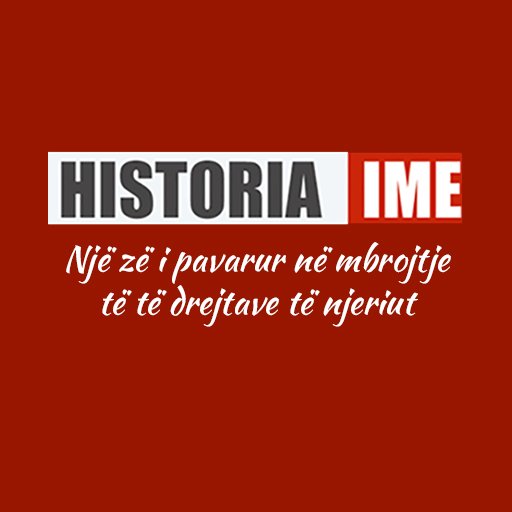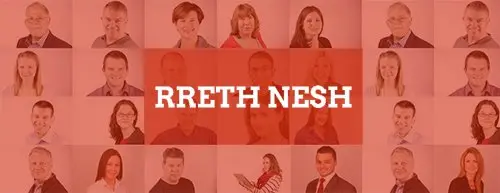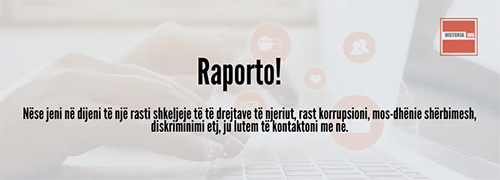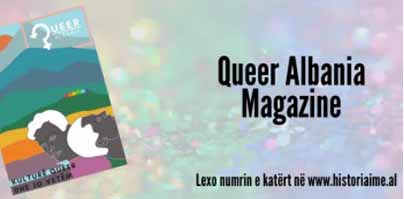
Press Release
PRO-LGBT and the Alliance Against LGBT Discrimination express their concern over successive statements of the past days by Prime Minister Rama, women cabinet ministers and religious community representatives.
In his address to the United Nations General Assembly, Prime Minister Edi Rama used the cause of LGBTI and other marginalized communities to further nourish the false and untrue image of Albania as an accepting country where institutional commitment has greatly improved the lives of marginalized communities.
The empty promises of the government and the hypocritical statements of the past days, undermine significantly our efforts to cooperate with state institutions, making it impossible to create genuine communication channels. Albania is still far from what’s being proclaimed by the Prime Minister at the UN. We re-note the findings of our annual report, according to which during 2018 there were 421 documented cases of discrimination against LGBTI members in Albania. The types of discrimination ranges from direct physical violence to psychological pressure such as, insulting, ridiculing, labeling, malicious gossiping, humiliation on the street, not being offered service in bars, gyms, supermarkets, physical attacks violence by clients (sex workers), or on the street by homophobic persons. Out of all the cases reported, only in five cases of violence were reported to authorities. The low level of trust in institutions is the most significant indicator of the work that country’s institutions have done to reach out and help the LGBTI + community.
In our day-to-day work we see that the institutional commitment to take concrete measures to improve the living conditions of the LGBTI community remains very low, and such topics are only publicly mentioned in the UN Assembly or in English-language letters directed to the Dutch Parliament or similar institutions.
We also want to recall the US State Department’s findings on the situation regarding the respect for human rights, stating that sexual orientation and gender identity are embedded in anti-discrimination and hate crime laws, but institutional support remains purely formal and homophobia is present inpolitical and public discourse. The report presents in more detail cases of violence and institutional non-response and mistreatment of the LGBTI + community and other marginalized communities, mainly Roma and Egyptian.
Regarding the reactions of representatives of the Catholic clergy, who are concerned about why ministers undertake to speak on behalf of the Albanian people, we recall the fact that these individuals themselves do not have the right to speak on behalf of the Albanian people and the right to decide that what will the women and girls of this country do with their bodies. We kindly want to remind that for more than 25 years, this right has been acquired and based on the secularism of our state, it is an irrevocable and uncontested right. We also express concern about the statements of the Mufti of Tirana and the outdated concepts of the family used in his statement. Such discriminatory language has no place in today’s society.








